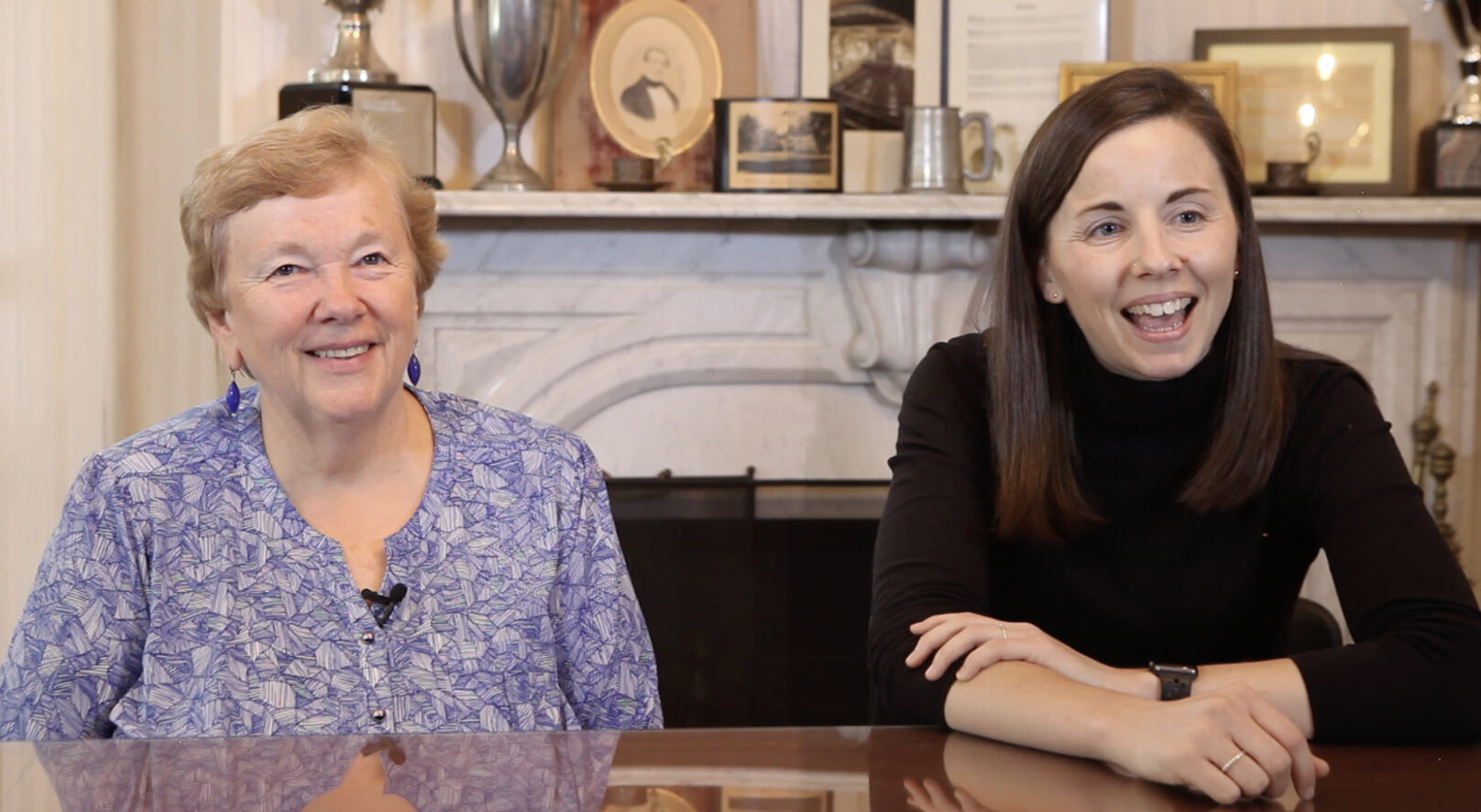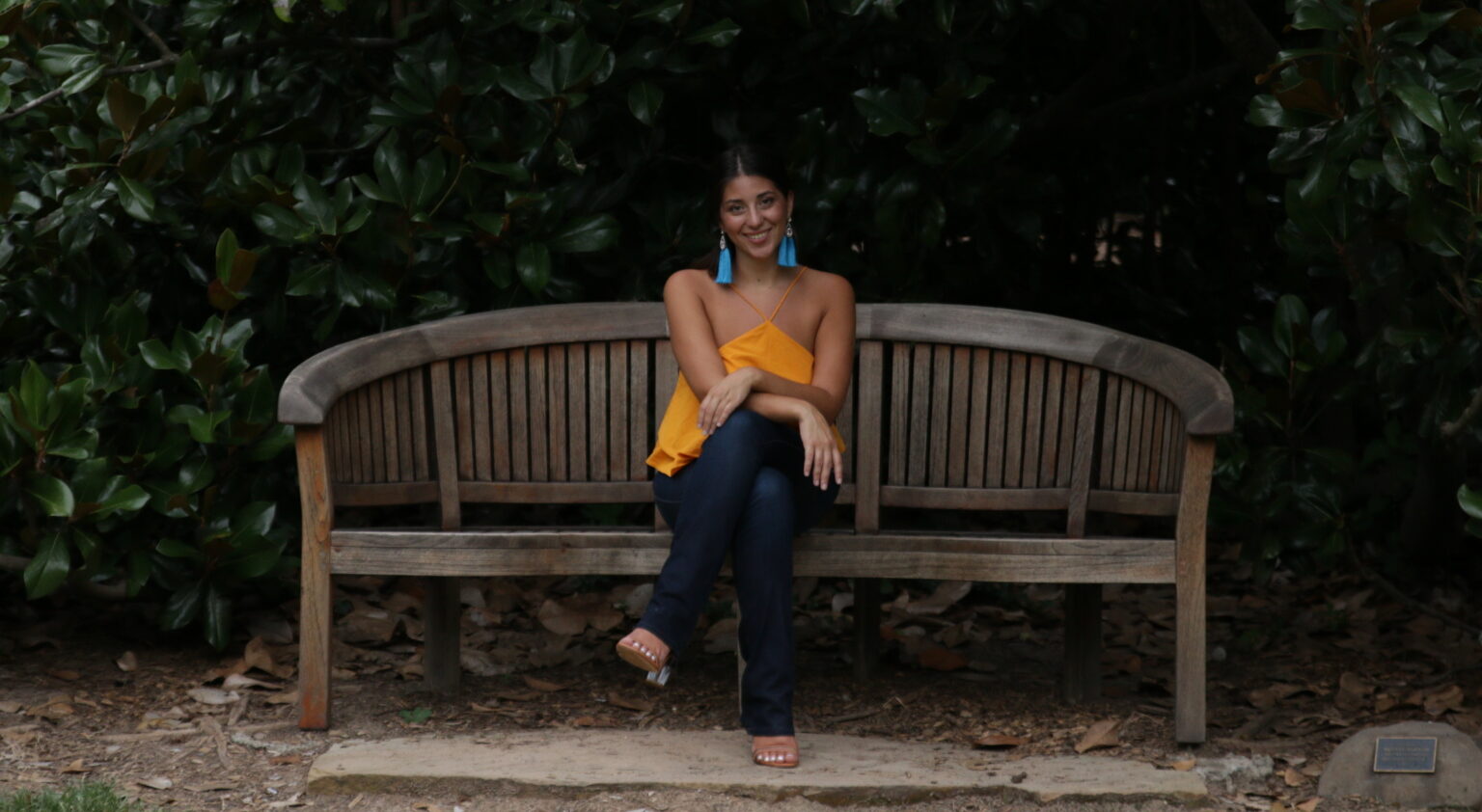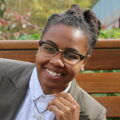From the Beginning: An Imprint on Women’s Studies
March 16, 2023
Share
It was the mid-1970s. America was still grappling with the civil rights movements of the 1960s. For the field of women’s studies, this was the beginning.
“There was this foment,” recalls C&S Fellow Estelle B. Freedman, recipient of a 1974 Women’s Studies Fellowship and the Edgar E. Robinson Professor in U.S. History at Stanford University. “I can remember being at Columbia and being at meetings with other historians studying women in history—and also some interdisciplinary scholars—and beginning to talk about this new field.”
At the time, there were few university programs in women’s studies. Dedicated scholarly journals were just being created, and the National Women’s Studies Association did not yet exist. The Woodrow Wilson National Fellowship Foundation (now the Institute for Citizens & Scholars) looked to bolster the burgeoning field of women’s studies by supporting the dissertation work of young feminist scholars across fields.
“The Woodrow Wilson was a very prestigious fellowship for quite a while,” said Dr. Freedman. “So to have that imprint on the beginning of women’s studies helped those of us who were trying to make our way into the profession, to be taken seriously as scholars. [It signaled] that this was a legitimate enterprise.”
The Women’s Studies Dissertation Fellowship named its first Fellows—including Dr. Freedman—in 1974. The program remains the only national award of its kind, supporting the final year of dissertation writing for Ph.D. candidates in the humanities and social sciences whose work addresses topics of women and gender in interdisciplinary and original ways.
Women's and Gender Studies: 50 Years of Field Building
The Women’s Studies Dissertation Fellowship named its first Fellows in 1974. The program remains the only national award of its kind, supporting the final year of dissertation writing for Ph.D. candidates in the humanities and social sciences whose work addresses topics of women and gender in interdisciplinary and original ways.
C&S Fellow Susan J. Carroll, recipient of a 1976 Women’s Studies Fellowship, studies political campaigns as professor of political science and women’s and gender studies at Rutgers University and senior scholar at the Center for American Women and Politics (CAWP) of the Eagleton Institute of Politics. She knows the importance of raising early money to support issues.
As a graduate student in the 1970s looking to do the first nation-wide survey of women candidates for elected office, she applied for every grant that she could. The WW Women’s Studies Fellowship was the first she received. “In addition to giving me money that helped me pay for the mailings for my research, this grant made me look like a good prospect to other folks,” said Dr. Carroll. “That was really important, particularly given that I was doing work on gender, which at that point was really not even an acceptable enterprise—certainly not in political science. It was kind of unimagined. It gave me a sort of credibility that I otherwise wouldn’t have had.”
As the field of women’s studies has grown and shifted over the years, scholars like Dr. Carroll and Dr. Freedman have mentored the students who have come after them. When C&S Fellow Kelly Dittmar, recipient of a 2000 Women’s Studies Fellowship, an assistant professor of political science at Rutgers University–Camden and scholar at the Center for American Women and Politics (CAWP) at the Eagleton Institute of Politics, was considering graduate schools, she looked at which scholars—such as Dr. Carroll—she cited the most.
Now colleagues, Dr. Carroll and Dr. Dittmar work together often. In 2018, they published A Seat at the Table: Congresswomen’s Perspectives on Why Their Representation Matters (Oxford University Press) together with another colleague. It was Dr. Carroll and other faculty at Rutgers who encouraged Dr. Dittmar to apply for the WW Women’s Studies Fellowship.
Related: How Gender Intersects with Politics
Receiving the same award as her mentor made Dr. Dittmar feel she was a part of a community of scholars. The interdisciplinary nature of the program and of the field also allow for greater diversity within the community. “Having a larger group of scholars in different departments, at different universities, at different levels, allows for a community that is also really supportive of each other,” says Dr. Dittmar.
C&S Fellow Kiana Murphy, recipient of a 2020 Women’s Studies Fellowship, completed her dissertation in the English department at the University of Pennsylvania and often looks to other scholars to expand her own understandings. “The collaborative nature of women’s studies is what grounds me and my work, because this work is never an individual process,” said Ms. Murphy. “It’s a sea of ideas that you’re always building on.”
Dr. Murphy is now a postdoctoral research associate in American studies at Brown University.
C&S Fellow Barbara Sostaita was awarded a 2020 Women’s Studies Fellowship as a Ph.D. candidate in religious studies at the University of North Carolina–Chapel Hill. She studies women in the borderlands sanctuary movement and found out about the program from a mentor. It was a mentor, too, who helped her expand her understanding of the field and how to apply it to her work. “What interested me about the field of women and gender studies was that it allowed me to connect my own lived experiences to my scholarship,” said Ms. Sostaita. “Women and gender studies is a critical lens through which to see the world. It’s a method, it’s an approach, it’s a perspective, it’s a deconstruction.”

With each new generation of doctoral students and scholars, the field of women’s and gender studies expands. With such an expansion comes a responsibility on the part of institutions to accommodate and support the changes. “We have to make sure that we’re evolving as a program and as a field of study too, to be as inclusive and advanced in our thinking as possible,” said Dr. Dittmar.
“It’s incredibly important in the feminist classroom to allow all points of view, to encourage questioning and sharpening of ideas, and to not ever presume there is one feminist analysis of anything,” notes Dr. Freedman. “It’s simply asking those critical questions about gender hierarchy and their intersections with other kinds of hierarchies, and the ways people answer them are going to be incredibly diverse.”
From studying women as a radical act to opening up departments to include issues of race, gender, and sexuality, the field of women’s studies must continue to ask questions and consider new experiences.
“I think where the field is now is deconstructing that idea that because we’re all women we share a common experience or we share similar struggles,” says Ms. Sostaita. “Queer women of color and trans women have really brought new perspectives to the field.”
“Even today, decades later,” says Dr. Freedman, “for a student who is writing a dissertation that may now be related to transnational women’s studies, or queer studies, or trans studies—areas where they may not always have a long historiography, or they may not have the support in particular institutions—to have the Woodrow Wilson Fellowship supporting their work continues to be a stamp of legitimacy and a support beyond the monetary.”
The collaborative nature of women’s studies is what grounds me and my work, because this work is never an individual process. It’s a sea of ideas that you’re always building on.”

Stay Engaged
Get More News
Join our mailing list to get more news like this to your mailbox.
Support Our Work
Help us invest in the talent, ideas, and networks that will develop young people as effective, lifelong citizens.
Ways to Support Us